What made me finally try something else than raw pip and venv was easy installing of multiple Python versions. I was completing a PR to a library that (admirably) wants to support the old ones as well. Once I had the tool, I tried it for releasing a new version of my own PyPI package, and I wasn't ready for how fast and convenient it would be.
Wanted: OSS life apps, subscription or self-hosted all good 💯 opinions are requested 💝
- Prefer group of OSS apps, but "Best in Class" list also good
- Requires cross-platform via either web-based, but ideally Android and Linux/BSD native apps
- Prefer not using NextCloud (due to PHP) but open to compromising if necessary
- Terminal access / TUI also yes wonderful
- Examples: reminders, notes, caldav, webdav, docs, etc
Tired of google services, tired of mozilla products, can't do apple anymore, burnt out on enshittification.
...
Older...
So far I'm using Nextcloud for everything you mentioned, except notes (@silverbulletmd@fosstodon.org)
git worktree for the rescue:I was working on updating a #cpp project to a newer #Qt version, but wanted to keep comparing to a #git tag from some time ago. The problem is that checking out a different commit changes all the files as far as #CMake is concerned, and everything builds from scratch. If only there was a way to have another copy of the same repo without cloning...
find . -name '*.qml' | xargs sed -i 's/\(import [A-Za-z0-9.]*\)[ ]*[0-9.]*/\1/g'
Which translates to "please remove all versions from import statements in my #Qt QML files"
Tempo pisania na razie niewiele mniejsze niż lewą, może warto by się uczyć równolegle obiema?
...najpierw zaprezentuję nową stenografię. Nową/starą - ale jakże zgrabną, poręczną, którą polecam wszystkim zainteresowanym, szczególnie, jeżeli są praworęczni.https://www.stenografia.pl/blog/2011-01-18_pisanie-prawa-reka-to-proste/
https://www.stenografia.pl/blog/2022-11-20-stenografia_stemi_j/
...
@marek cześć. Generalnie prawa ręka ma przewagę przy pisaniu od lewej do prawej. Jakimkolwiek pismem. Tak uważam. Stemi_j zaprojektował stenograf praworęczny na bazie stemi. Więc pewne niuanse uczynił dla prawej. Tak to oceniłem.
...
Podobny efekt szybkiego uczenia się symboli dzięki relacji głoski dźwięcznej i bezdźwięcznej jest też w sylabariuszach japońskich i tengwarze Tolkiena, i bardzo go doceniam. Przez to że w zasadzie każdy znak jest i tak minimalny, to chyba nie ma dużej wartości w nadmiernej optymalizacji prostoty znaków dla częstotliwości głoski.
Podsumowując, z mojej niedoświadczonej perspektywy, SteMi jest super. Duże uznanie i podziękowania za ciekawe narzędzie.
...
@marek Dziękuję za uznanie. Przekazuję jego stosowną część autorom, na których bazowałem, którymi się inspirowałem, czyli Wilhelmowi Stolze, Mierosławowi Sucheckiemu, Józefowi Polińskiemu oraz Karlowi Scheithauerowi... 😉
@marek A tak w ogóle to jak zechcesz, to może byś podesłał próbkę pisma. Jestem ciekaw, czy rozumiesz je podobnie do mnie.
...
Widzę dużo rzeczy które chcę poprawić, ale wrzucam teraz jako ślad którędy może iść początkujący.
...
@marek Oczywiście, nauka nowego pisma to jak nauka nowego języka. Trochę musi zająć. Zaraz wkleję Ci próbkę mojego pisma, po lewej prawą ręką, po prawej lewą ręką. Moja zwykle pisząca ręka to lewa, a prawą powoli przyuczam, ale miałem długą przerwę, bo mi się nie chciało.
@marek Treść notki (z Infopiguły):
/Podczas szczytu G7 w nocy z poniedziałku na wtorek
/Rosja przeprowadziła zmasowany atak na Ukrainę z
/użyciem 450 dronów i 30 rakiet; głównym celem
/był Kijów; Ukraina strąciła 430 dronów i rakiet.
/Odnotowano trafienia w 10 miejsc i spadające
/odłamki w 34. W Kijowie zginęło co
/najmniej 15 osób, a 75 było rannych;
/wśród zabitych jest obywatel USA.
/Zaatakowano też Odessę, gdzie rannych zostało 13 osób.
/Zełenski nazwał atak „jednym z najbardziej przerażających”
/i „czystym terroryzmem”. Ukraiński rząd podkreśla,
/że Putin celowo pokazał „lekceważenie społeczności
/międzynar.”.
...
Jak mam całe zdanie to dużo zgaduję z kontekstu, tak myślę że mógłbym pociąć próbki z bloga i SteMi_J na fiszki po jednym słowie dla Anki (oprogramowania, nie znajomej Anny).
An interesting article¹ by @keithamus on "CSS Classes Considered Harmful"
I went into the article skeptical, but found myself coming around to the POV that data-attributes offer significant advantages over a class="…" grab-bag.
However, it was unfortunate that most of the examples go down a non-semantic route, doing things like
data-align=left
or
data-border-collapse~="top"
which push the style decisions into the HTML rather than leaving the HTML to define the *structure*, and letting the CSS to decide the *appearance*. Especially since this data-attribute method is great for facilitating this separation.
tl;dr: use data-attributes rather than classes, could better examples
⸻
¹ https://www.keithcirkel.co.uk/css-classes-considered-harmful/
...
...
the data-primary certainly fits my point, but the data-color="red" still bugs me since that's presentational rather than structural. I would rather see things like
<div data-status="error">…</div>
<div data-status="warning">…</div>
<div data-status="info">…</div>
<div data-status="success">…</div>
and then let the CSS decide that error→red, warning→amber, info→blue, and success→green
Otherwise I know m̶a̶n̶a̶g̶e̶r̶s̶ projects where we'd end up with things like
div[data-color="blue"] {
background-color: purple;
}
🤦♂️
...
...
Older...
Recently started learning #morsecode , although it's completely useless to me. Sometimes it helps to understand why things developed like they did when you go back in time, when remote communication started. And I love having a #lowtech fallbacks.
It's like learning #ed in order to understand concepts of #vim.
...
/.-/...//-.--/---/..-//.../././/.../-/../.-../.-..//--./---/-//../-/ 😉
Boys don't grow up, we just change LEGO to #CAD
Something I hadn't really thought about is that is to learn and grow, you NEED to struggle. It needs to be hard, to truly learn something. This is why making mistakes is the best way to learn.
When my son asks ChatGPT to write him a program, it will happily oblige. While we can walk through that program line by line and I can explain him how it works, he's not going to learn much from it.
For him to learn, he has to give it a shot himself. Get a syntax error, read that error precisely, understand it (and not feed it back to ChatGPT) and then fix it. Then get another error, read it and fix it. Rinse and repeat.
Making things as easy as possible is not (always) the goal.
...
@zef it sort of reminds me of the days of copying programs from magazines and they didn't work. You either gave up, or you dug in and found the bug
However I can highly recommend the FreeOTP+ fork which has some other nice features, but crucially, saves and loads data correctly.
inotifywait --monitor --recursive ~/.configThis shows me what files are changed when I click "Apply". This way I don't need to wade through pages of config file documentation, but I still know what I need to reproduce.
This time it's #Debian with #Docker. I used to avoid containers, preferring to run services directly instead. But setting up backups made me appreciate the separation between the application data in image and persistent state in mounted volumes. The final piece that convinced me is the ability to self-host my own container registry with @forgejo@floss.social
I'm doing the initial setup through #Ansible (learned from @notthebee@tilde.zone), but specific applications are managed via dockge. The ambition to do every adjustment through playbooks burns out really fast when working with a single instance.
Oddly tempted to try to switch to #Vim (realistically @neovim ) again for code editing. And switching on vim mode in @silverbulletmd
Trigger: the realization that anything not purely open source (like VS Code) eventually #enshittifies
...
Although familiarity with usual vim still comes in handy on the school computer 😅
@zef @neovim @silverbulletmd Just curious, what is bad about VS Code? There's also VS Codium, which is a community-maintained open-source build of VS Code.
...
@slashtechno it’s not bad just yet, but MS controls some key parts like the marketplace. Also: this https://devclass.com/2025/04/08/vs-code-extension-marketplace-wars-cursor-users-hit-roadblocks/
...
Writing a single bash script that turns a clean #Debian install into an opinionated #selfhosted setup (the one that I use myself) with:
* #Docker
* #dockge as web UI for managing docker-compose stacks
* @tailscale setup to expose deployed services with TSDProxy as separate TS domains
* Restic for data backups
Anybody interested?
This is what #FOSS promises to be, and it does feel nice to actually do it.
I did enjoy the ease of setup of TkInter, and compatibility with Matplotlib, but I was missing the simplicity of immediate mode libraries. In trying to emulate these, now a few callbacks trigger "given this dataclass with state, the widgets should look like this".
The micro-management gremlin is whining that it's repeating useless work, but more importantly the window is complete and I can go on with the experiment.
...
Thanks @grunfink@comam.es for the #snac server, @stefano@bsd.cafe for the blog posts that pointed me to it, @voron@snac.nya.pub for the theme and @manton@manton.org for motivating me with your book
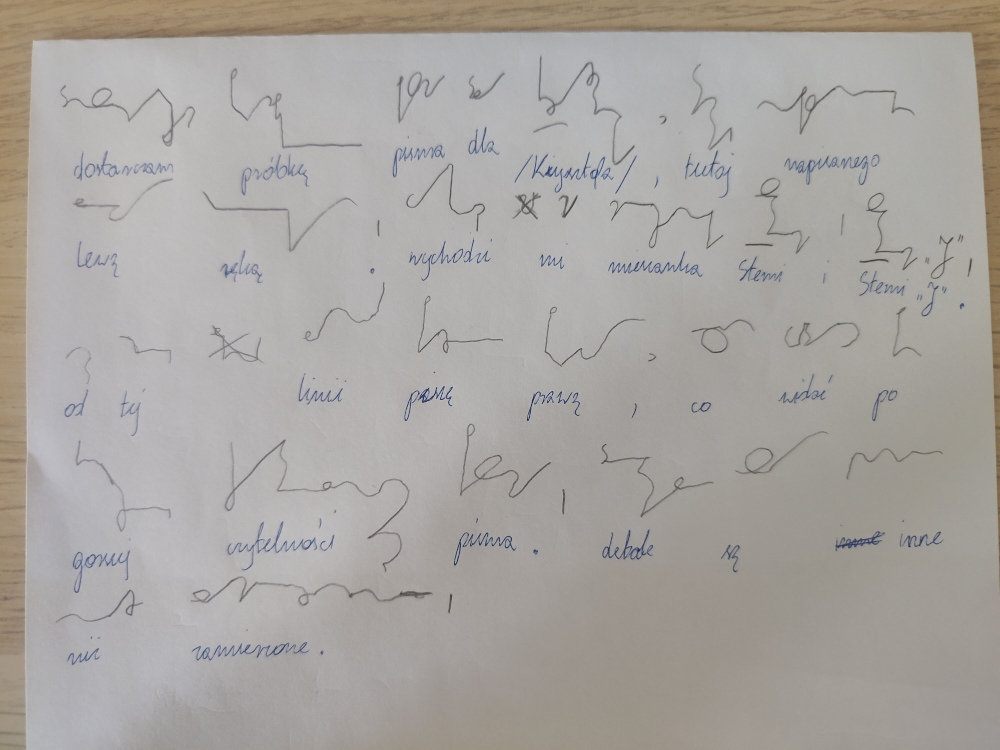
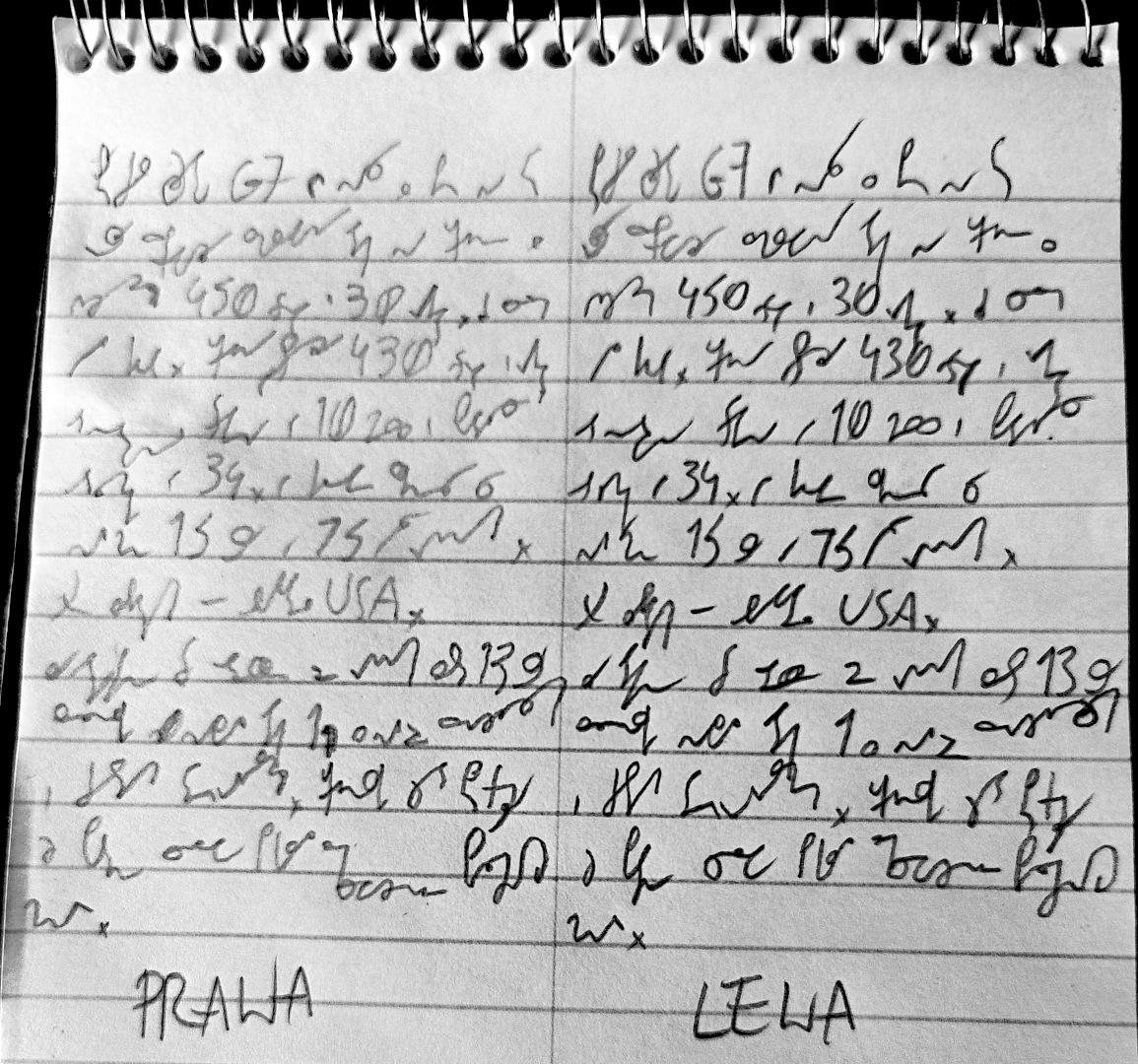

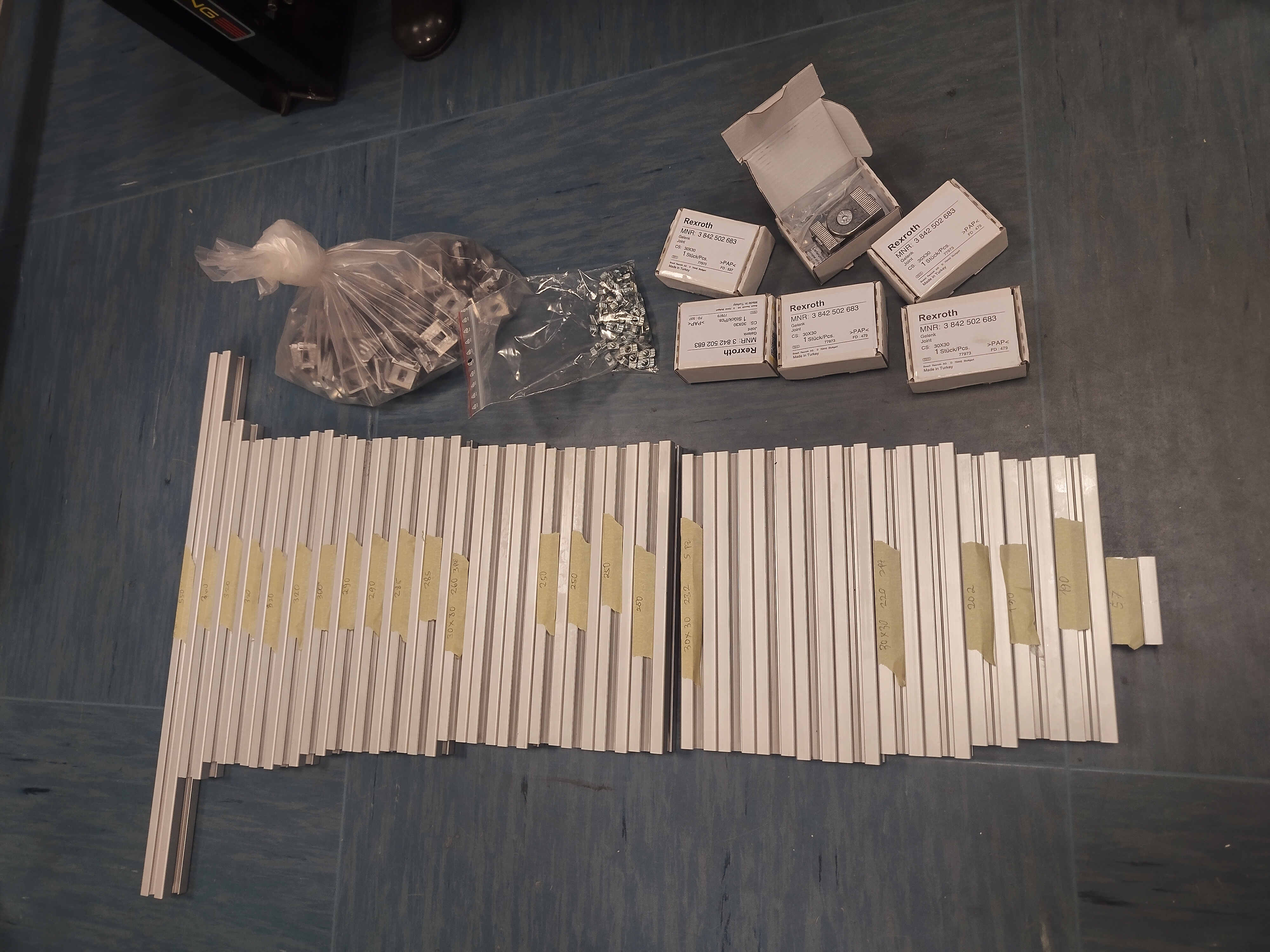
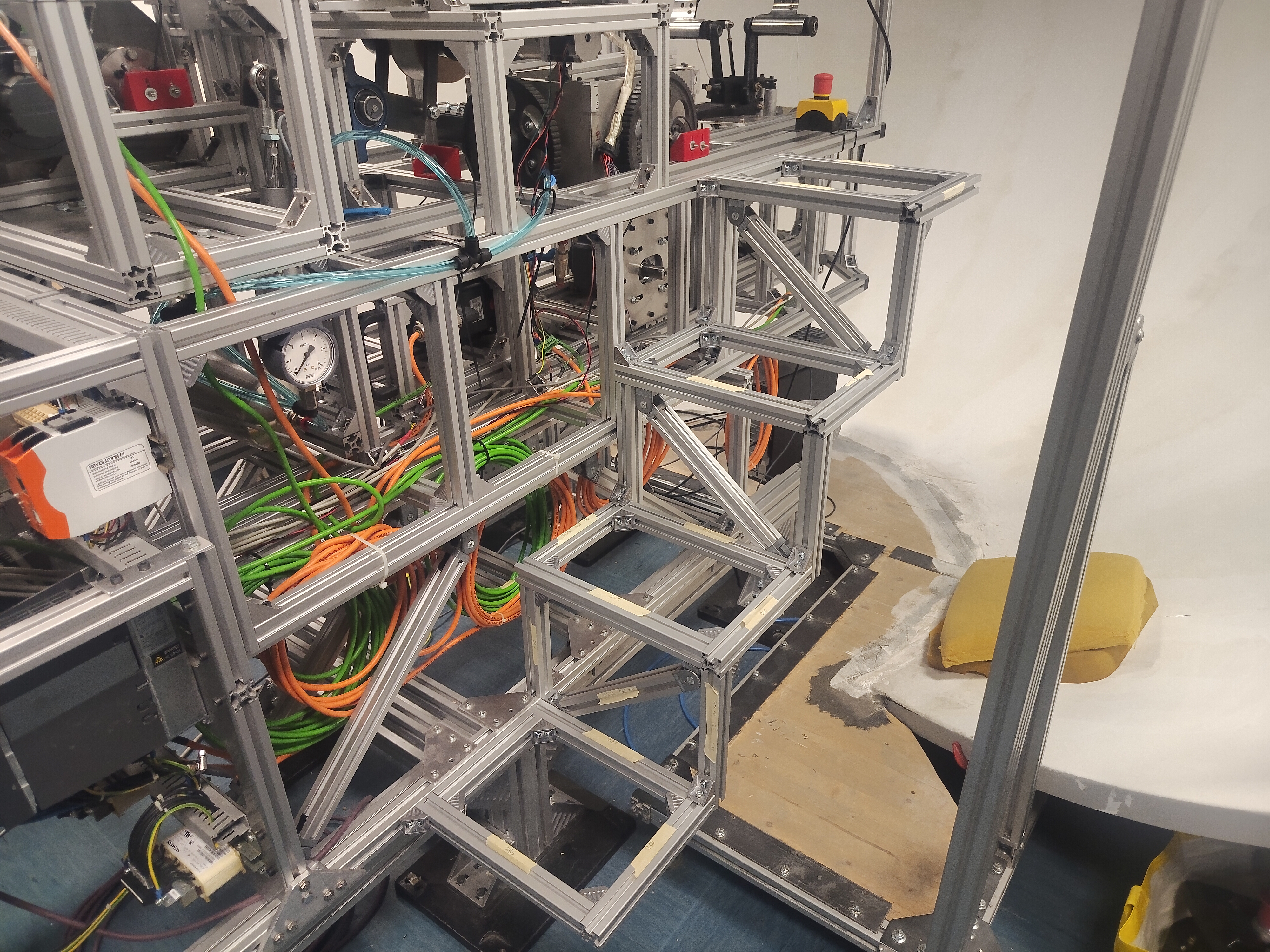
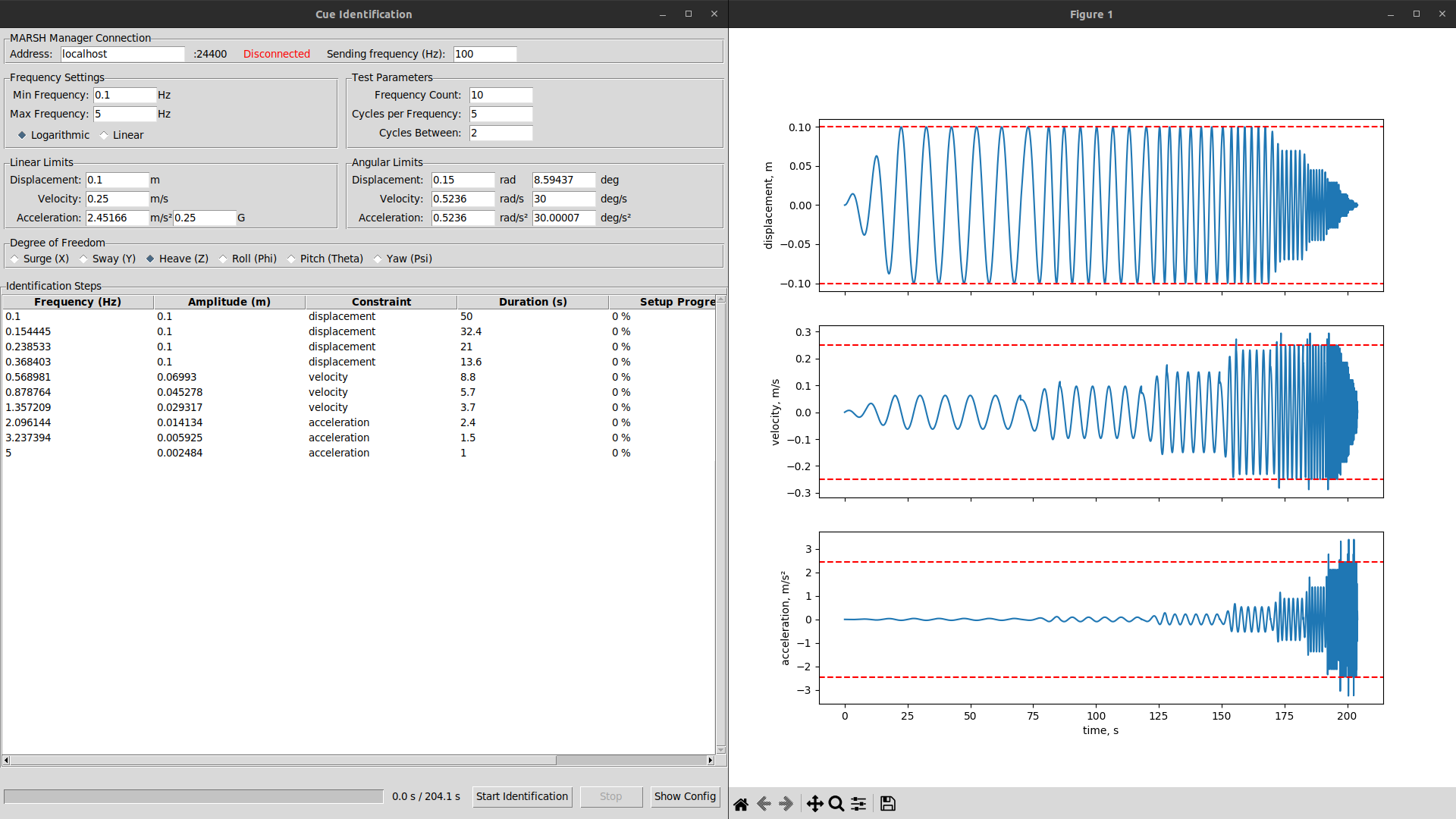
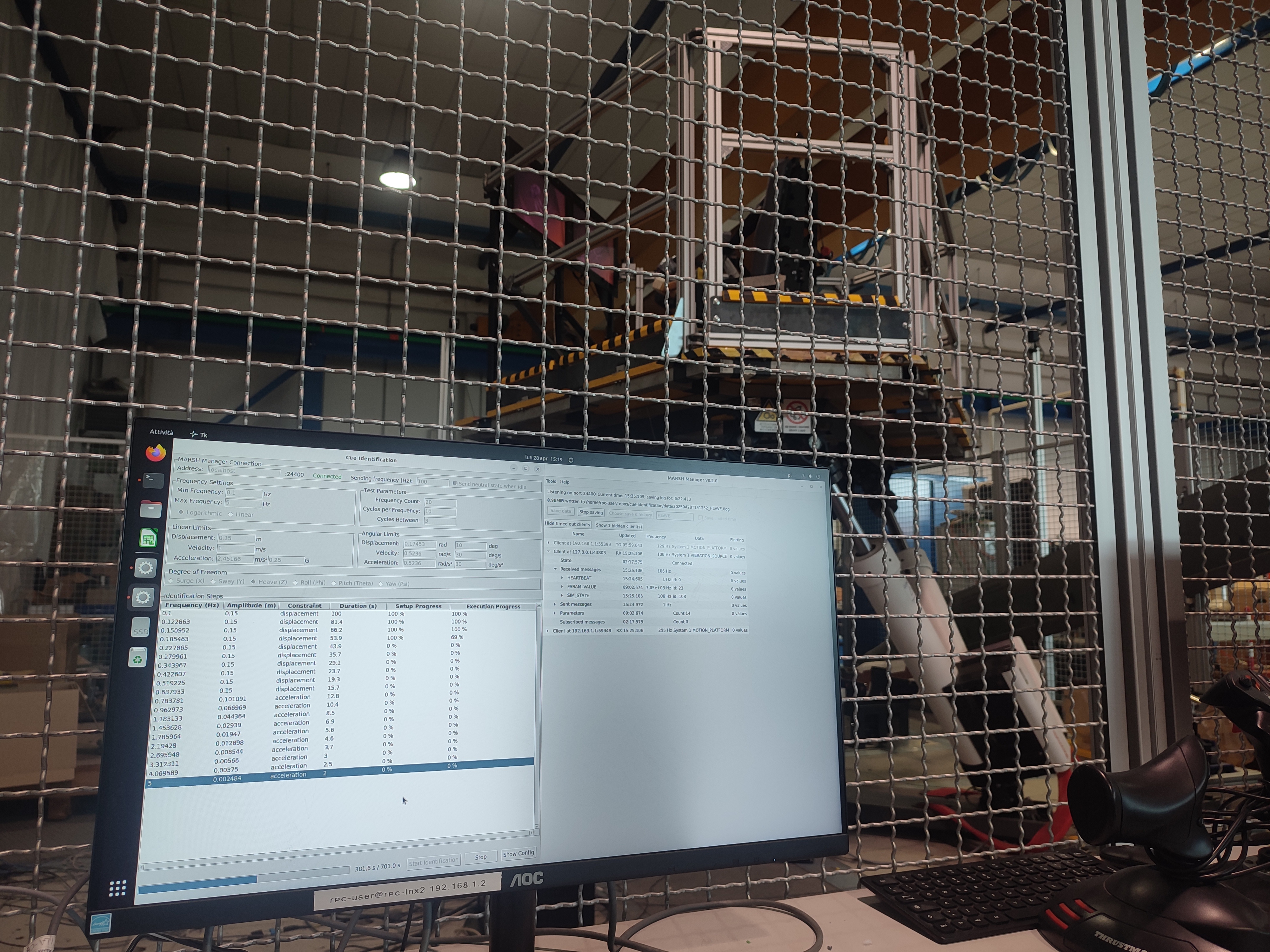
![[?]](https://comam.es/snac/susie.png)
![[?]](https://snac.nya.pub/voron/s/6d7cea31ab231013707da78279bd9941.png)